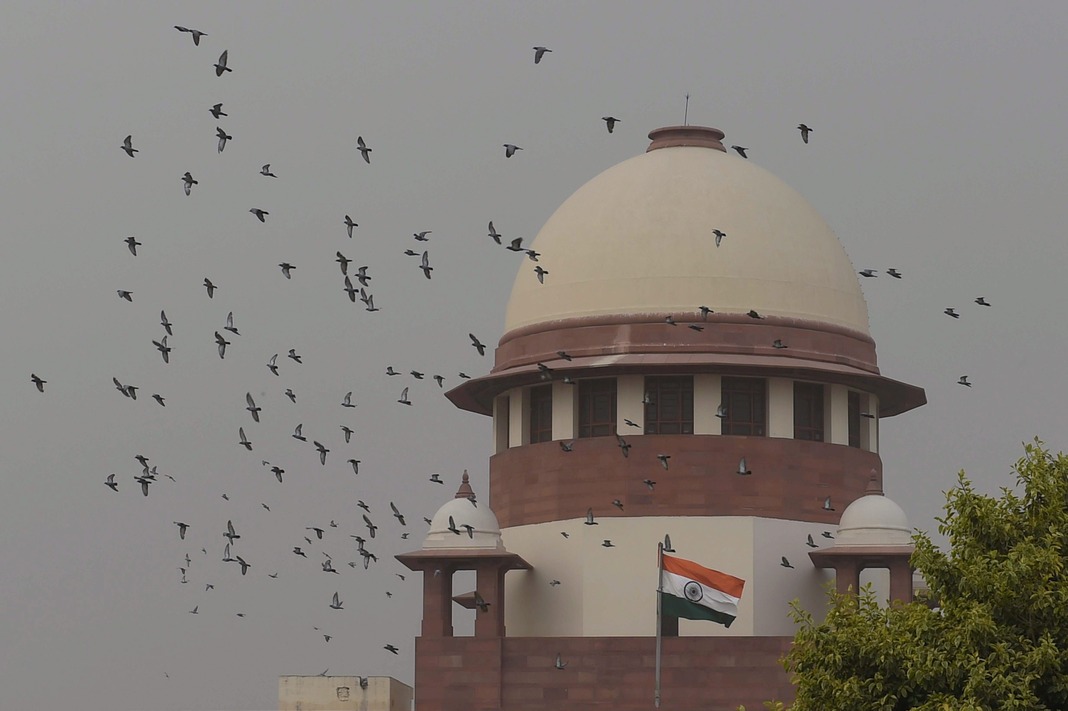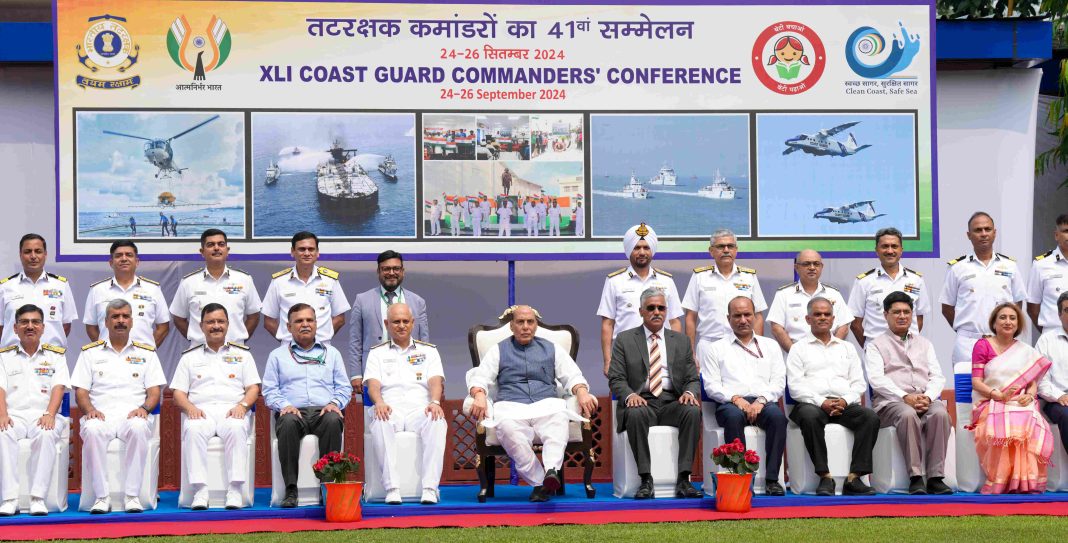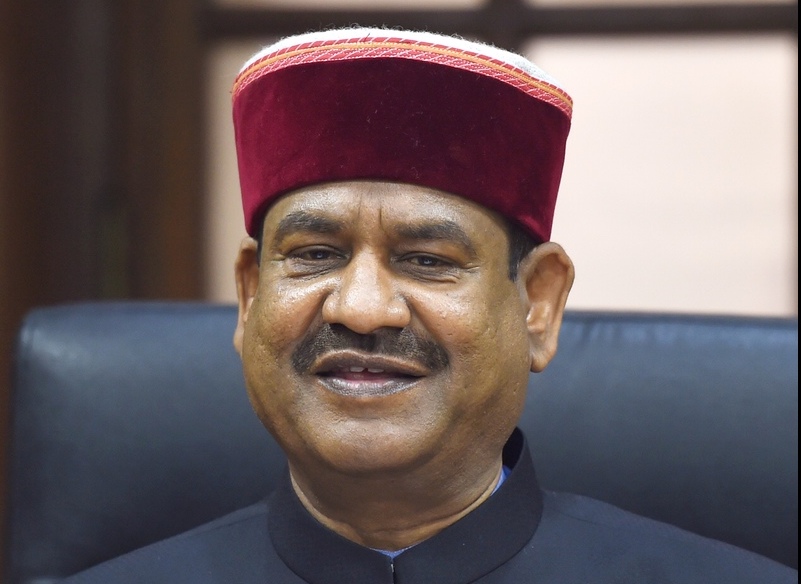New Delhi, Sept 25: The Centre on Tuesday urged the Supreme Court not to hear this week the pleas on the vexed legal question of whether a husband should enjoy immunity from prosecution for the offence of rape if he forces his wife, who is not a minor, to have sex.
The submission to this effect was made by Solicitor General Tushar Mehta before a bench headed by Chief Justice D Y Chadrachud at the fag end of day’s proceedings.
The top law officer said the marital rape pleas, which are already on board of the court one for hearing, be not taken up this week and be listed next week.
The bench, also comprising Justices J B Pardiwala and Manoj Misra, said it is already seized of matters including the one related to felling of trees in Delhi’s ridge area.
“We will hear cases seriatim (one after the other in regular order),” the CJI said, adding that one matter related to Jet Airways is also listed ahead of marital rape case.
Recently, senior lawyers Indira Jaising and Karuna Nundy, appearing for litigants in the case, have sought urgent hearing of the matter.
On Monday, the top court told Nundy that the pleas on the vexed legal question relating to marital rape will be taken up.
On September 18, Jaising had made a similar request.
The top court on July 16 agreed to list for hearing the pleas on the legal question. The Chief Justice had indicated that the cases might be taken up on July 18.
Under the exception clause of Section 375 of the Indian Penal Code (IPC), now repealed and replaced by the Bharatiya Nyaya Sanhita (BNS), sexual intercourse or sexual acts by a man with his wife, the wife not being minor, is not rape.
Even under the new law, Exception 2 to Section 63 (rape) says that “sexual intercourse or sexual acts by a man with his own wife, the wife not being under eighteen years of age, is not rape”.
The top court on January 16, 2023, sought the Centre’s response on a clutch of petitions assailing the IPC provision, which provides protection to a husband against prosecution for forcible sexual intercourse if the wife is an adult.
On May 17, it also issued a notice to the Centre on a similar plea challenging the BNS provision on the issue.
The BNS, Bharatiya Nagarik Suraksha Sanhita and the Bharatiya Sakshya Adhiniyam came into effect from July 1, replacing the IPC, Code of Criminal Procedure (CrPC) and the Evidence Act, respectively.
“We have to resolve the matters concerning marital rape,” the bench had said.
The Centre earlier said the issue had legal as well as social implications, and the government would like to file its response to the petitions.
One of the pleas is related to a Delhi High Court split verdict of May 11, 2022, on the issue.
The appeal has been filed by a woman, who was one of the petitioners before the high court.
While delivering a split judgment, Justice Rajiv Shakdher and Justice C Hari Shankar concurred on granting the petitioners a certificate of leave to appeal in the Supreme Court as the matter involved substantial questions of law, which required a decision by the top court.
While Justice Shankar, who headed the division bench, favoured striking down the marital rape exception for being “unconstitutional” and said it would be “tragic if a married woman’s call for justice is not heard even after 162 years” since the enactment of the IPC, Justice Shakdher said the exception under the rape law was not “unconstitutional and was based on an intelligible differentia”.
The concept of intelligible differentia distinguishes people or things grouped together from those that are left out.
Another plea has been filed by a man against a Karnataka High Court verdict that paved the way for his prosecution for allegedly raping his wife.
The Karnataka High Court had on March 23 last year said exempting a husband from allegations of rape and unnatural sex with his wife ran against Article 14 (equality before law) of the Constitution.
The set of pleas are PILs filed against the IPC provision and have challenged the constitutionality of the marital rape exception under Section 375 (rape) of the IPC on grounds that it discriminates against married women who are sexually assaulted by their husbands. (PTI)




